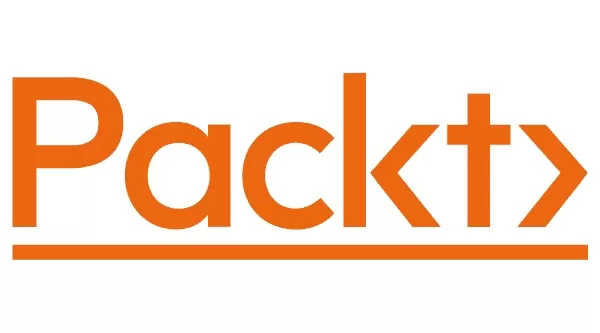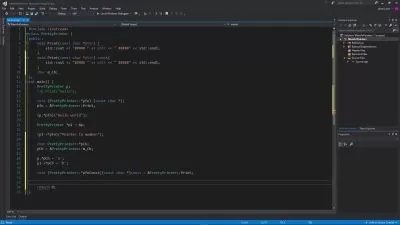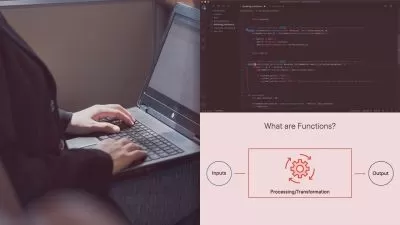Multi-Paradigm Programming with Modern C++
Georgy Pashkov
7:42:15
Description
C++ is a multi-paradigm language that lets you solve a problem in different ways, and this course will teach you the best practices. Furthermore, C++ has been re-invented again. C++2a is the largest extension to the language since C++11, and it almost feels like a new language. Developers who master the new features will be able to write cleaner, faster and concurrent code. In this course, you will learn about the best practices of C++ programming, including project structure, designing interfaces and classes, C++ Core Guidelines, and the most recent language standard. The new features are numerous and cover almost every area of the language: modules let us organize our programs better; concepts help us create cleaner APIs; ranges forever change how we look at containers; concurrency features, such as coroutines, bring parallel and concurrent programming to a whole new level. You will get plenty of practical experience with short, real-world code examples. By the end of this course, you will be ready to create better software using C++. Here are the links to the GitHub repo: https://github.com/PacktPublishing/Multi-Paradigm-Programming-with-Modern-Cpp-daytime https://github.com/PacktPublishing/Multi-Paradigm-Programming-with-Modern-Cpp-Examples
More details
User Reviews
Rating
Georgy Pashkov
Instructor's Courses
PacktPub
View courses PacktPub- language english
- Training sessions 64
- duration 7:42:15
- Release Date 2024/03/15










